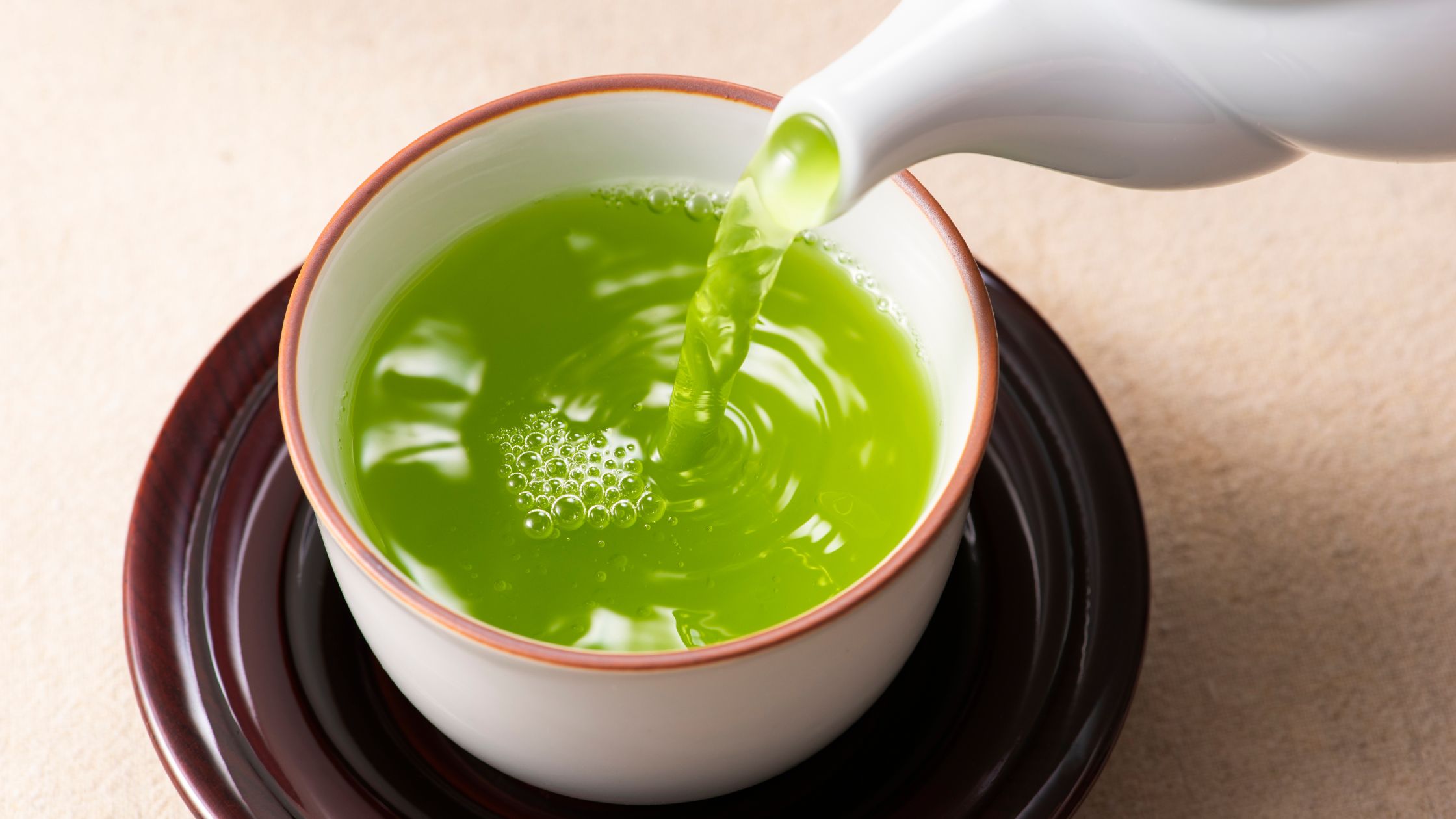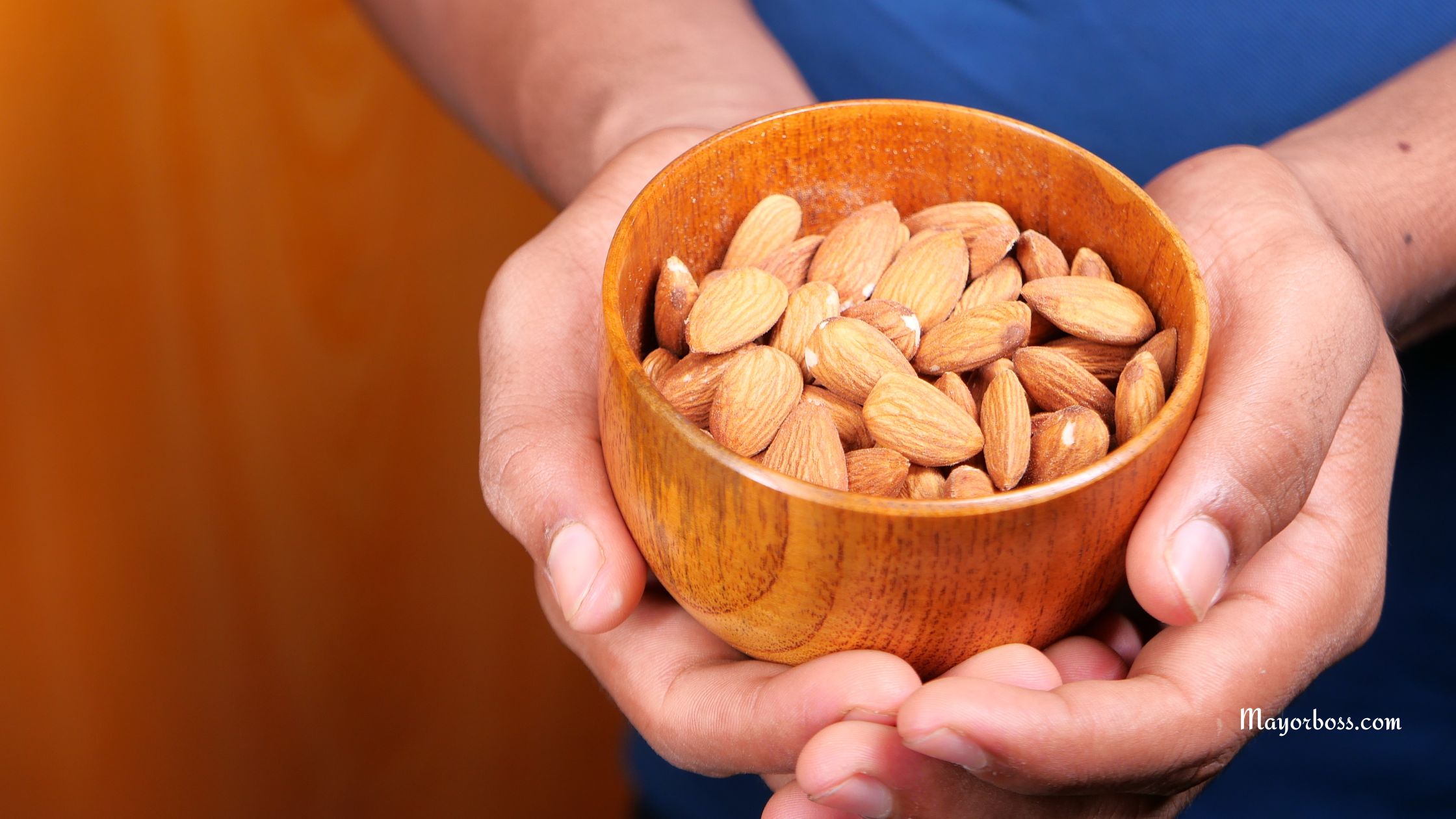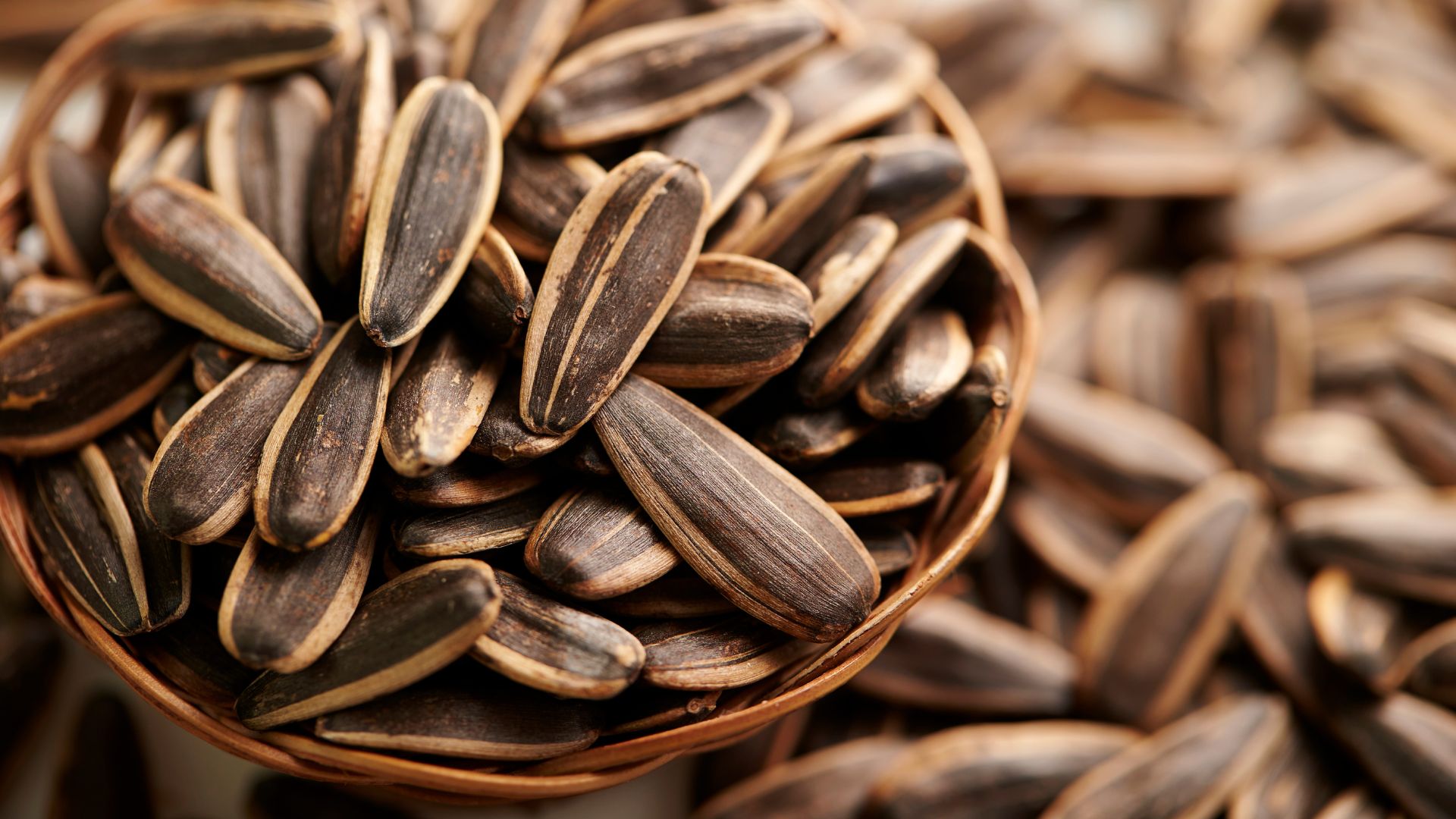The Health Benefits of Peanuts
Peanuts have been a beloved snack for centuries, yet they are far more than a simple munchable. Known for their delicious, slightly sweet taste, peanuts also pack a substantial health punch. Dr. Mayor Boss, a Pharmacist with a Ph.D. in Pharmaceutical Sciences, points out the tremendous health benefits of eating peanuts.
What are Peanuts?
Peanuts, also known as groundnuts, belong to the legume family, similar to lentils and beans. While we often categorize peanuts as nuts, they are technically legumes that grow underground. Peanuts are native to South America and are now consumed globally, enjoyed plain, salted, or turned into delicious peanut butter.
Nutritional Profile of Peanuts
Peanuts are nutritionally rich, offering an array of essential vitamins and minerals. Here’s what a 100g serving of peanuts approximately includes:
- 567 Calories
- 25.8g Protein
- 49.2g Fat
- 16.1g Carbohydrates
- 6g Fiber
- 350mg Calcium
- 2mg Vitamin B6
Let’s take a look at the key health benefits this nutritional powerhouse offers.
Health Benefits of Peanuts
1. High in Protein
Peanuts are an excellent source of plant-based protein, hence making them a superb alternative for vegetarians and vegans. Protein is necessary for the growth and repair of body tissues and for the production of enzymes and hormones.
2. Good Source of Healthy Fats
The fats in peanuts are predominantly monounsaturated and polyunsaturated fats, which are considered heart-healthy fats. These healthy fats can help lower harmful cholesterol levels and lessen the odds of heart disease.
3. Rich in Fiber
Peanuts are a huge source of dietary fiber, which aids in digestion. Various studies have proven that fiber helps you feel full for longer, can assist in weight management, and is linked to a lower risk of several diseases, including gallstones, heart disease, diabetes, and certain types of cancer.
4. Packed with Antioxidants
Peanuts contain antioxidants, particularly resveratrol, which is also found in grapes and some berries. In simple terms, antioxidants help protect the body from oxidative stress and reduce the risk of chronic diseases.
5. Provides Essential Vitamins and Minerals
Peanuts are rich in essential vitamins and minerals, including B vitamins, vitamin E, magnesium, phosphorus, and zinc. These nutrients play crucial roles in many functions in the body, from energy production to immune function.
Precautions and Final Thoughts
Peanuts are generally safe for most people when consumed as part of a balanced diet. However, they can cause allergic reactions in some individuals, which can be severe or even life-threatening. So, if you have a peanut allergy, you should avoid peanuts and peanut products.
Moreover, while peanuts are nutritious, they are also high in calories. Enjoy them in moderation to avoid consuming too many calories.
In short, peanuts are not just a tasty snack; they’re a nutritious addition to your diet that offers various health benefits. Enjoy them raw, roasted, or in the form of peanut butter, but remember to do so in moderation as part of a balanced diet.
Further Reading: 10 Reasons to Start Eating Peanut Butter






